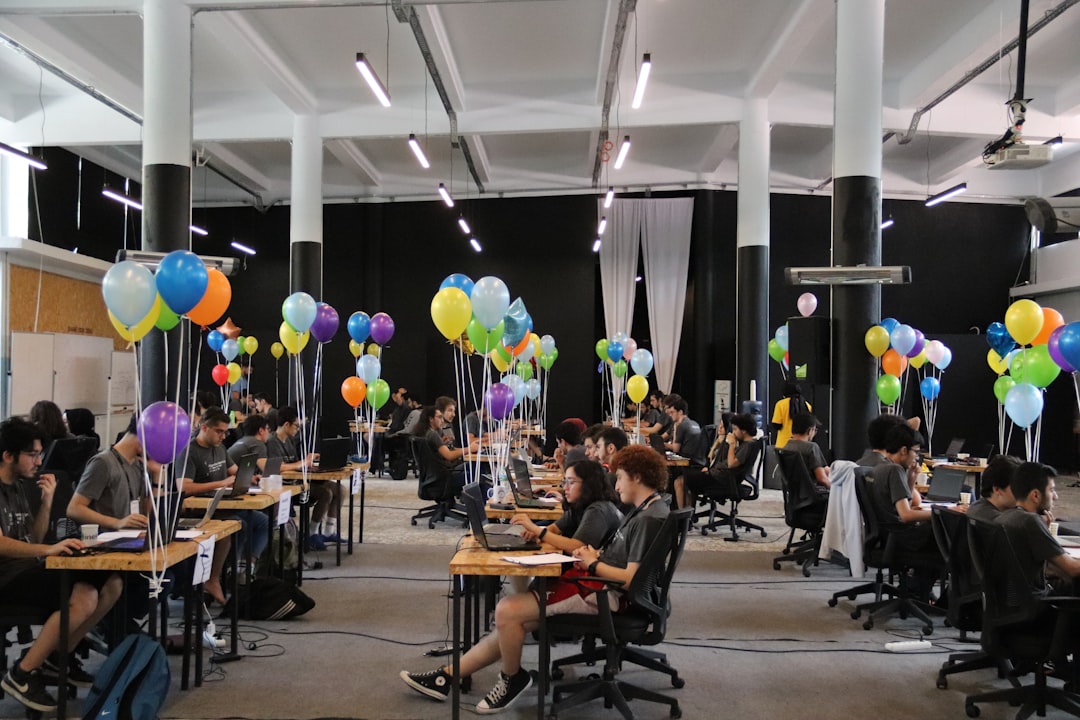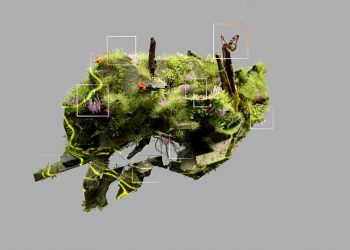No products in the cart.
Lucid Software’s AI Innovations: Shaping the Future of Work
Lucid Software is at the forefront of AI-driven workplace innovations, reshaping the future of collaboration and productivity.
Seattle, USA — In a world where collaboration often feels fragmented, Lucid Software is stepping up to the plate with groundbreaking innovations designed to redefine how teams work together. With the rise of remote work and an increasing reliance on digital collaboration tools, the company’s latest AI-driven features promise to streamline communication and enhance productivity.
Founded in 2010, Lucid Software has steadily evolved from a niche player in the diagramming sector to a formidable force in workplace collaboration. The company’s flagship products, Lucidchart and Lucidspark, have become essential tools for teams seeking clarity and creativity in their workflows. But now, with the integration of advanced AI technologies, Lucid Software is poised to lead the charge into a new era of work.

Recent advancements include AI-generated templates that adapt to specific project needs, automated data visualization, and intelligent suggestions for team collaboration. These features not only save time but also enable teams to focus on what truly matters: generating ideas and solving problems. According to a recent study by McKinsey, organizations that prioritize collaboration can increase productivity by up to 25% — a statistic that underscores the importance of tools like those offered by Lucid.
However, the rise of AI in the workplace isn’t without its skeptics. Critics argue that while AI can enhance productivity, it also risks alienating workers who may feel replaced by machines. This sentiment echoes a broader anxiety about the future of work, particularly among younger generations who are navigating a rapidly changing job landscape.
This sentiment echoes a broader anxiety about the future of work, particularly among younger generations who are navigating a rapidly changing job landscape.
As we delve into the implications of these innovations, it’s essential to consider multiple perspectives. For instance, while some employees may embrace the efficiency brought by AI, others might fear a loss of control over their work processes. The challenge for companies like Lucid Software lies in balancing technological advancement with the human element of work.
Furthermore, the integration of AI into collaboration tools raises questions about data privacy and security. As organizations collect more data to fuel AI algorithms, the potential for misuse increases. This concern is particularly relevant for younger professionals who are increasingly aware of their digital footprints.
Despite these challenges, the potential benefits of AI-driven collaboration tools are hard to ignore. Lucid Software’s innovations are not just about making work easier; they are about fostering a culture of creativity and collaboration. By leveraging AI, teams can unlock new levels of insight and innovation that were previously unattainable.
Looking ahead, it’s clear that the future of work will be shaped by the interplay between technology and human creativity. As AI continues to evolve, so too will the tools we use to collaborate. Companies that recognize this shift and adapt accordingly will not only survive but thrive in the new landscape of work.
Looking ahead, it’s clear that the future of work will be shaped by the interplay between technology and human creativity.
Ultimately, the key takeaway for professionals navigating this new terrain is to remain adaptable and open-minded. Embracing AI as a partner rather than a competitor can lead to enhanced creativity and productivity. As Lucid Software continues to innovate, the question remains: how will you leverage these tools to shape your own future in the workplace?











